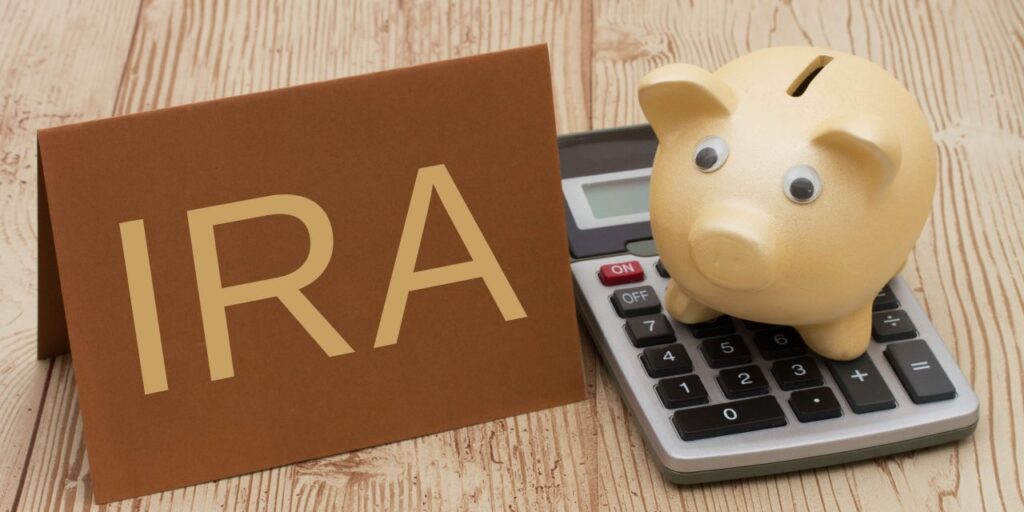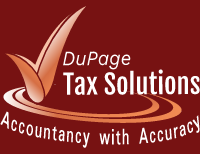
Tax and Accounting Services
About DuPage Tax Solutions
DuPage Tax Solutions is located in Naperville, IL. Our clients are mostly residents and small businesses within the Chicago metropolitan area – DuPage, Cook, Will, and Lake counties. Our remote work capabilities allowed us to extend our services nationwide. Today, we pride ourselves in having clients from all 50 states. Our virtual services are fast, easy, and convenient. Clients submit and review documents electronically through our secured online portal.
Qualified Charitable Distributions

Qualified Charitable Distributions (QCDs) provide a unique opportunity to donate directly from your IRA to eligible charities. Not only do they support a good cause, but they also offer significant tax advantages. This post explores what you need to know about QCDs and whether they are the right choice for your retirement strategy.
Home » Qualified Charitable Distributions
Requirements Of A Qualified Charitable Distribution
To qualify for a QCD, you must meet certain age and organizational requirements. Generally, you must be at least 70.5 years old, and donations must be made to eligible 501(c)(3) organizations. While most public charities are eligible, private foundations do not qualify.
Maximum Annual Qualified Charitable Distribution
For 2024, the annual limit for QCDs is $105,000 for individuals and $210,000 for married couples filing jointly. Consider this option to simplify your taxes and maximize your retirement giving.
Tax Advantages Of A QCD
Typically, distributions from a traditional IRA are subject to income tax. However, a Qualified Charitable Distribution (QCD) is entirely tax-free, meaning it is excluded from your taxable income. This unique benefit allows you to enjoy a tax-free retirement distribution while supporting charitable causes. By reducing your taxable income, a QCD can lower your overall tax liability without requiring complex tax strategies.

How A Qualified Charitable Distribution Can Fulfill Your RMD
One of the key benefits of QCDs is their ability to help satisfy your RMDs. For example, if your RMD for 2024 is $8,000, and you donate $2,000 through a QCD, you only need to withdraw $6,000 to meet your RMD. This strategy can reduce your taxable income, making it a smart option for those looking to minimize their tax burden.
Note that for a QCD to count toward RMD, you must take it by the general deadline of December 31st each year.
Eligible Plans For A QCD
Qualified Charitable Distributions (QCDs) are allowed from the following types of IRAs:
- Traditional IRAs
- Rollover IRAs
- SEP IRAs (only if the plan is inactive)
- SIMPLE IRAs (only if inactive)
- Roth IRAs (under specific conditions)
QCDs cannot be taken directly from 401(k) plans or similar employer-sponsored accounts. However, you can roll over funds from a 401(k) into an IRA to make a QCD. Keep in mind that while Roth IRAs technically qualify for QCDs, the lack of taxable distributions from Roth accounts typically negates any additional tax advantage.
Choose the appropriate plan to maximize the tax and charitable benefits of your QCD.
Should I Take A Qualified Charitable Distribution?
If you’re in a higher tax bracket or do not need your RMD funds, a QCD can be a great way to donate to charity and reduce your taxable income. However, if you rely on your RMDs for personal use, a QCD might not be the best option for you. Ultimately, the decision depends on your financial situation and charitable goals.
You May Also Like These


Household Employee Tax Basics

Tax Planning for Major Life Events

Summer Tax Planning Tips
Ready to Take Control of Your Finances?
Contact us today for personalized tax, accounting, and advisory services tailored to your needs. Let’s work together to achieve your financial goals!

Contact Info
Ph. (630) 909 9700
Email: DPTax@DP-Tax.com
Mail address:
1552 Illinois Rte 59 #1037
Naperville, IL 60564
Business Hours
Mon: 11 am – 7 pm
Tue: 11 am – 7 pm
Wed: 11 am – 7 pm
Thu: 11 am – 7 pm
Fri: 11 am – 7 pm
Sat: 12 pm – 5 pm
Sun: CLOSED
Helpful Links
© 2024 DuPage Tax Solutions | Site Map | Privacy Policy | Disclaimer
